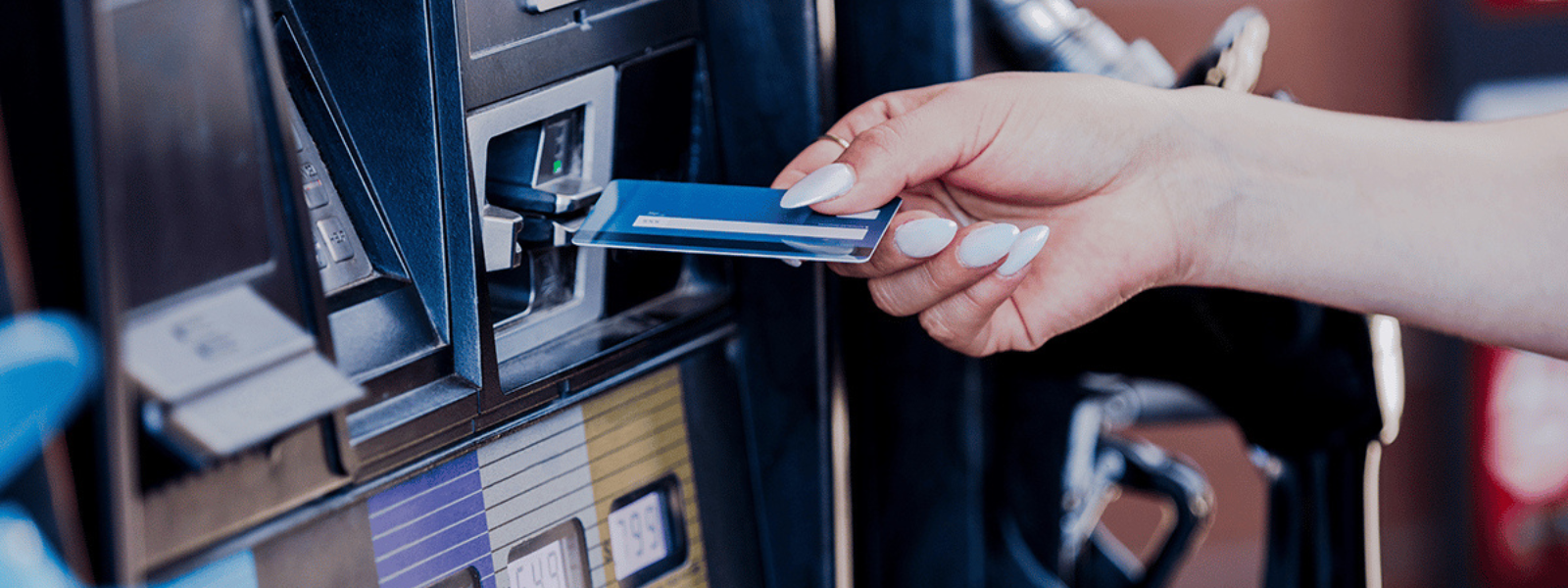Fuel and Fleet Solutions: Your Ultimate Gas Fuel Cards, Fuel Card, Fleet Card, and Fleet Cards
Comparing Fuel Cards For Fleet Mahagers
When considering a fuel card for your business vehicle fleet, it's essential to understand the distinction between branded and unbranded fuel cards. Branded fuel cards are typically offered by major oil companies, such as ExxonMobil or Shell, and can only be used at their respective affiliated stations. On the other hand, unbranded fuel cards are issued by independent providers and offer more flexibility as they can be used at various fueling stations.
Explore More



Branded fuel cards come with the advantage of being widely accepted within the network of their affiliated stations. This means access to a vast number of locations where drivers can conveniently refuel. Additionally, some branded cards offer additional benefits like discounts on fuel purchases or reward programs tailored specifically for businesses.
However, the primary drawback of branded fleet fuel cards like Citgo is the limited acceptance at only affiliated stations. This can limit flexibility when planning routes that may not have affiliated stations in close proximity. Furthermore, pricing may be higher at these branded stations compared to independent fueling stations.
Unbranded fuel cards, on the other hand, provide much greater freedom in terms of where they can be used. They allow drivers to choose from a wider range of fueling station options across different brands and locations. This flexibility becomes particularly advantageous for long-haul trucking businesses that require broader coverage.
For instance, imagine you run a delivery service that operates nationwide. While fleet business gas cards may work well for local operations where affiliated stations are abundant, unbranded cards would give your drivers the ability to fuel up at various locations across different states, preventing them from being constrained to specific brand-based networks.
That being said, it's crucial to consider factors beyond acceptance when evaluating branded vs. unbranded fuel cards. Each type has its own features and distinctions that need to align with your specific business needs.
Now that we have explored the differences between branded and unbranded fuel cards, let's delve into the key distinctions and features to consider when selecting a fuel card for your business.

